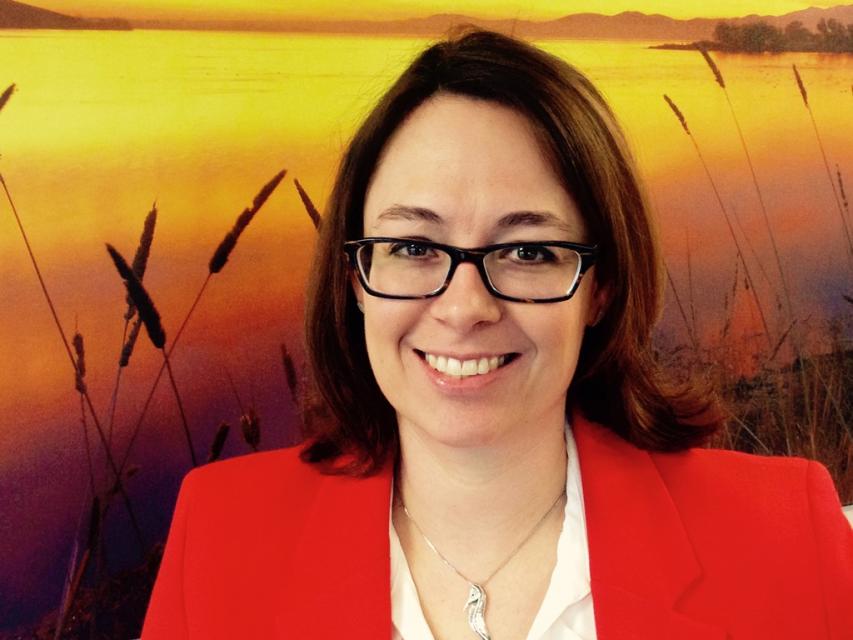Water Leaders – Where are they now?
Jessica Pearson, Executive Officer of the Delta Stewardship Council
Class Year: 2007
Class Research Project: The Delta
What was your job when you were a Water Leader?
Special Assistant to the Director of the Department of Water Resources
What are you doing now?
I lead a young and dynamic state agency, governed by a seven-member board, charged with developing and leading implementation of a long-term comprehensive management plan for the Delta to further the state’s coequal goals. The Council was given the critically important role of coordination, integration, and oversight over activities that affect the Delta and the state’s water supply reliability. Fundamentally our job is to maintain an eye on the big picture for the future of the Delta, even in the face of short-term challenges and individual projects and actions.
What is the most pressing water issue that you are dealing with?
There are so many to choose from, where do I start? One of the Council’s key projects right now is an effort to prioritize state investments in the Delta’s levees. The Delta’s levees provide many services beyond flood protection for people and water supply reliability. The Delta’s levees are many things to many people (and species) and the Council is proceeding with the most comprehensive-to-date risk-based analysis of the assets protected by those levees so that we can better inform state decision-making for how to best spend the state’s limited dollars in these areas to reduce risk.
What did you learn during the Water Leaders class that is helping you now?
I learned of the complexity of interests that make the Delta such a challenging public policy issue, and why it is so fiercely protected by those who live and work there. I also made great contacts that I continue to rely on today, from a group of individuals who work on water from a range of perspectives, including attorneys, engineers, NGOs, and farmers. I enjoyed learning from my classmates to broaden my own understanding of the issues.
Who was your mentor and what valuable advice did you get?
The mentor assigned to me was Randy Fiorini, who at the time was serving as the President of the Association of California Water Agencies in addition to his role as a board member for the Turlock Irrigation District (TID). Randy, by trade, is a farmer. During the Water Leaders’ program I toured Randy’s farm and the TID offices, and I accompanied him to an ACWA board meeting. Now, coincidentally, Randy serves as the Chair of the Delta Stewardship Council so we have the opportunity to work closely together. The best advice he’s given me about water policy is “When we stop having fun, it’s time to go home.”
What advice do you have for young professionals in the water world?
It should probably be: You never know where you’re going to end up (or who you’re going to work for)! My sincere advice is to seek knowledge from everyone who you meet on water issues. The biggest mistake you can make in water policy is assuming that you understand the perspectives of people who you haven’t yet sat down with and really listened to.
Any other anecdotes from your time as a water leader?
During my year as a Water Leader our class was unusual in that we had a class of 18 and only two were men, the first time, if I recall correctly, that there were more women than men in the class. It really was a harbinger of the change ahead in terms of more women moving into leadership positions in the water policy arena, which I see as a very positive and exciting development for California water.
Our one-year Water Leaders program began in 1997, and many graduates have gone on to achieve great things. We profile alums here so you can see where they are now and what they learned during their time with us. For more information on our program, visit www.watereducation.org/water-leaders









